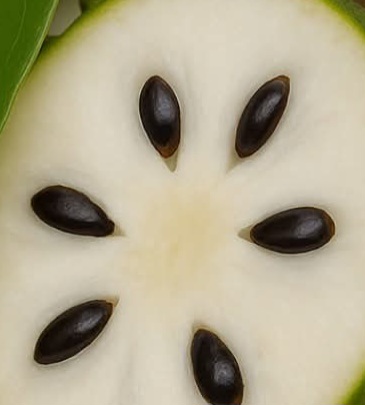Graviola leaf, derived from the Annona muricata tree, has been traditionally used in various cultures for its potential medicinal properties. Some studies suggest that graviola leaf may have anti-cancer effects, although more research is needed to confirm its efficacy.*Potential Benefits:*- *Anti-cancer properties*: Graviola leaf extracts have been shown to inhibit the growth of cancer cells and induce apoptosis (cell death) in various types of cancer, including breast, prostate, and colon cancer.- *Antioxidant and anti-inflammatory effects*: Graviola leaf contains antioxidants and anti-inflammatory compounds that may help protect against cell damage and reduce inflammation.*Traditional Uses:*- *Fever reduction*: Graviola leaf has been traditionally used to reduce fever and alleviate symptoms of infections.- *Pain relief*: Graviola leaf may have analgesic properties, making it a potential natural remedy for pain relief.- *Digestive issues*: Graviola leaf has been used to treat digestive problems, such as diarrhea and dysentery.*Precautions:*- *Interaction with medications*: Graviola leaf may interact with certain medications, including blood thinners and diabetes medications.- *Potential side effects*: Graviola leaf may cause side effects, such as nausea, vomiting, and diarrhea, in some individuals.- *More research needed*: While graviola leaf shows promise, more research is needed to confirm its efficacy and safety for various health conditions [1].
Graviola Leaf: A Traditional Remedy with Promising Potential in Cancer Research
